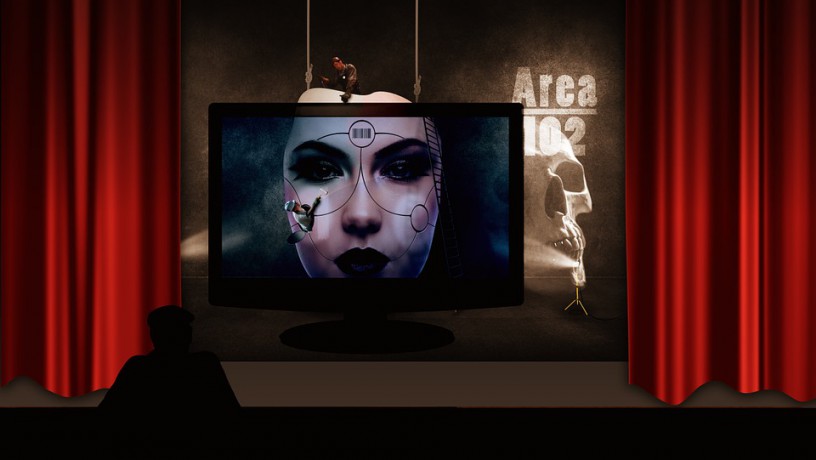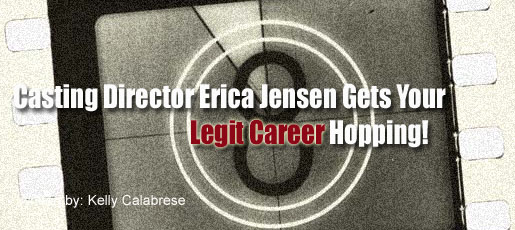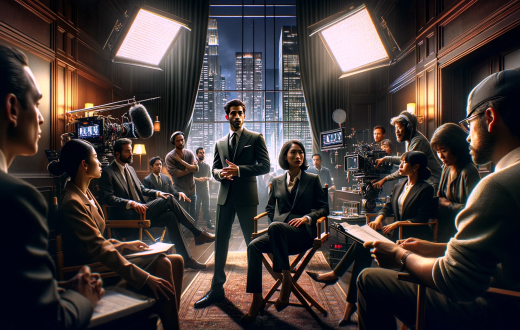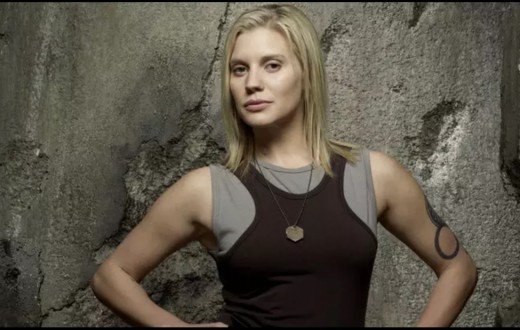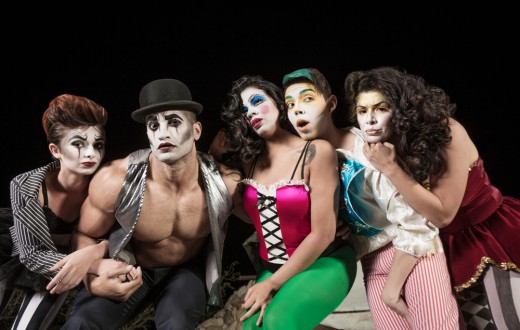What’s The Difference Between On-Camera Acting & Stage Acting?
When you decided that you wanted to be an actor, odds are you pictured yourself in one specific medium over another. You saw yourself dominating the Broadway stage. You saw yourself on-set of the next Steven Spielberg movie. Or, perhaps, you saw yourself visiting a studio lot for yet another episode of your own television show. However, all dreams aside, you probably also believed that you could handle whatever acting opportunity was thrown your way. Because, no matter what, you just wanted to act. But, unfortunately, I’m not here to tell you that you can’t just easily jump from one medium to another. As there are main differences in each acting medium that shouldn’t be ignored. And, when it comes to performing on-camera versus performing on-stage, it’s a whole new ballgame.
 “For me, the biggest difference between the two is that when you’re on-stage your job is to perform. He/she must use their both their body and voice to reach the audience,” explained actor, acting coach, and Joseph Melendez Studio owner, Joseph Melendez. “On-camera the work is much more of an internal process with a somewhat greater sense of privacy. The performer must rely on communicating with their eyes and with less physicality.” However, as Joseph went on to explain, that’s just the tip of the iceberg when it comes to adjusting to each acting medium. As there are certain things that should be given more attention when it comes to making that initial shift.
“For me, the biggest difference between the two is that when you’re on-stage your job is to perform. He/she must use their both their body and voice to reach the audience,” explained actor, acting coach, and Joseph Melendez Studio owner, Joseph Melendez. “On-camera the work is much more of an internal process with a somewhat greater sense of privacy. The performer must rely on communicating with their eyes and with less physicality.” However, as Joseph went on to explain, that’s just the tip of the iceberg when it comes to adjusting to each acting medium. As there are certain things that should be given more attention when it comes to making that initial shift.
You see, most actors do start out in one medium over the other. It’s very rare that an actor is actually able to smoothly balance their technique between both in the very beginning of their career. If you’re a stage actor with less experience on-screen, then you need to be “acutely aware of their face.” “Much more subtlety is needed for the camera,” explained Joseph. And, for the on-camera actor looking to tackle the stage, there’s a lot more than the idea of performing live that needs to be taken into consideration. “I think it’s a much more difficult transition from on-camera work to the stage. For an actor who’s only worked on-camera I would advise that he/ she works on his/her voice,” says Joseph. “When Daniel Radcliffe was first cast in the play Equus, he rented a theater in London to practice so as to have the strength of voice to fill the house. And, having seen that production, it seems to have helped him a great deal.”
But if you can’t afford to rent out a London theater, or waste production’s time with multiple takes on-set, then there’s no need to fear! As there are other ways that actors can prepare for performances in unfamiliar mediums before they show up for the job. For example, an actor who is accustomed to the stage can take an on-camera class, practice self-taping, or even write and produce short stories with their iPhone in order to get used to how they’re coming across on the screen. And, if you’re an on-camera actor looking to take the stage for the first time, you can always sign-up for voice technique classes to learn how to properly project your voice. Plus taking an improvisation or movement class in order to practice being bigger in your physicality is always an option as well.
Basically, all I’m saying is that you might want to slightly adjust your performances accordingly so that your true acting ability is able to shine through. Use the energy from the audience when you’re taking the stage and tone down those facial expressions when they’re filming your close-up. That way you’re sure to be giving each medium the care and respect it deserves while allowing your real acting techniques and abilities to shine through. Now, go break some legs!

